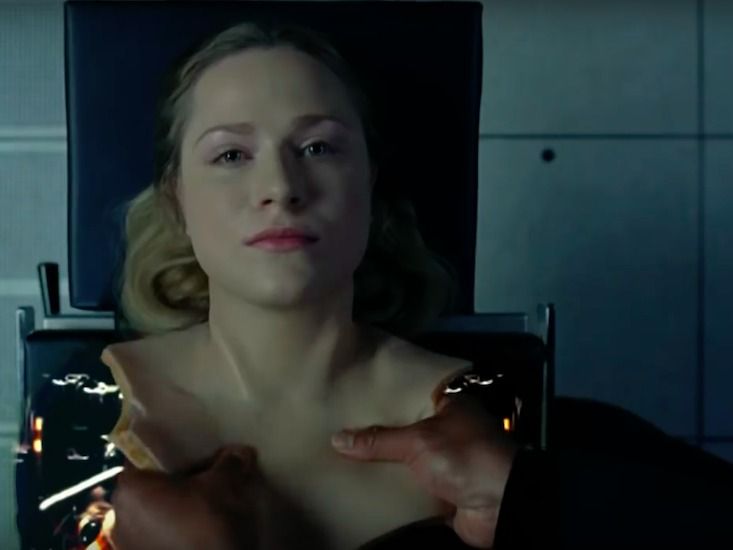Westworld recently wrapped its first season with a few stunning twists and a stunning statistic: With a 12-million-viewer average, it was the most-watched first season of an original HBO show in the network’s history. Westworld concerns a perverse theme park, styled in the fashion of the American Old West. The park’s “hosts,” artificially intelligent beings physically indistinguishable from humans, begin to remember the horrifying experiences inflicted on them by the park’s “guests,” the humans who pay to visit and do as they please, including raping and killing hosts.
Robert Ford (Anthony Hopkins), the fictional cofounder of Westworld, built the park’s hosts with the ability to improvise and make decisions based on their environment—a vision of AI strikingly similar to the one held by Simon Stringer, the director of the Oxford Centre for Theoretical Neuroscience and Artificial Intelligence. Stringer is one of the field’s leading thinkers, and like Ford, he says machines with some internalized spatial and causal model of the world could achieve an intuitive, human-like intelligence.
In my conversation with Stringer about Westworld, we discussed what makes AI seem human, the potential threat AI poses to humans, the role of self-modifying programming, and the importance of the Turing Test.
